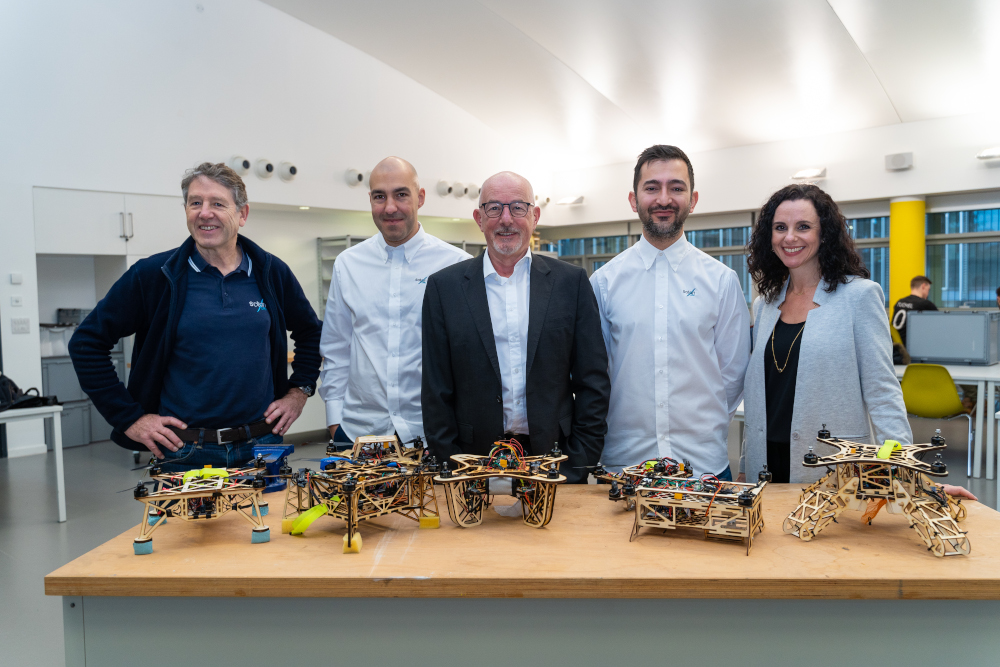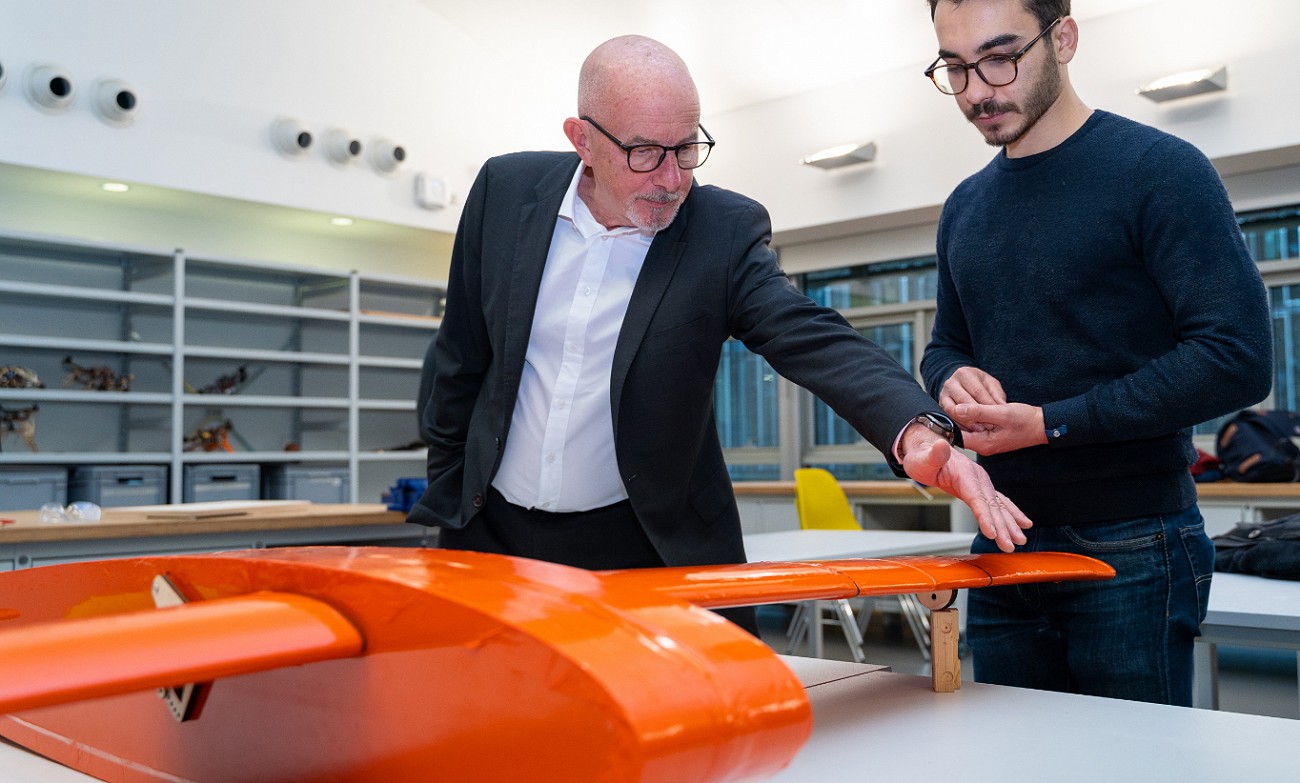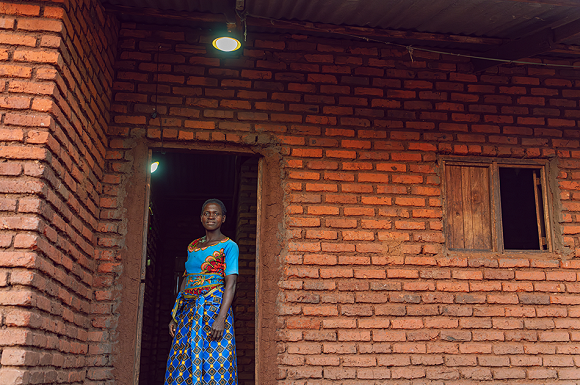13/12/2019
Students to transform drone design in fight against climate change and poaching

Key headlines:
The engineering department at the University of Southampton has launched a new student-led research programme to develop new unmanned aviation vehicles (UAVs) to fight back against climate change and poaching.
The launch of the new scheme follows a £15,000 donation from Southampton alumnus and technology entrepreneur Dr Ewan Kirk. Up until now, monitoring, tracking and evaluating the impact of environmental degradation from climate change and natural disasters in remote, rural areas has been difficult and impractical.
While UAVs are currently used to collect important data from these remote regions, their practicality has been restricted by their efficiency and battery life, which significantly limits their reach. While longer-range UAVs exist, they are often too expensive to deploy on a larger, more widespread scale.
“The application of technology is vital to mitigating environmental changes and the conservation of endangered animals.”
The new Turner-Kirk UAV Research Support Programme will fund three groups of fourth-year students within the engineering department. The students' research will focus on ways to improve the efficiency and extend the battery life of drones, with a view to developing new ways to adapt existing drones on an inexpensive basis. The research will also focus on studying novel aircraft configurations designed to minimise the energy requirements.

The student team will also undertake a field trip to Guatemala next year to monitor a live volcano using the new technology in collaboration with the University of Bristol.
Dr. Ewan Kirk, Co-founder of the Turner Kirk Trust, said:
“In the future, it is totally possible that remote and hostile environments worldwide will be constantly monitored by UAVs, feeding back live data to environmental agencies, so we can track our global ecosystem in real-time.
“The application of technology is vital to mitigating environmental changes and the conservation of endangered animals. Universities are hotbeds for ideas and innovation and have an important role to play in developing the technology needed.”
Dr. Mario Ferraro, Senior Enterprise Fellow in the engineering department at the University of Southampton, said:
“I would like to thank Ewan Kirk and Patricia Turner for this generous gift which will enable the University of Southampton to continue this important and timely stream of research. As a team, one of the University’s main priorities is to develop technology that can be used by environment agencies worldwide to make a real difference in minimising the impact of climate change and natural disasters.
“Until now, there’s simply not been enough research in this area, and as we all feel the effects of climate change, from widespread flooding to forest fires, the importance of this type of technology matters more than ever.”
Dr. Patricia Turner, Co-founder of the Turner Kirk Trust, said:
“Conservation and environmental degradation is one of the most important and urgent challenges that we face. It is critically important that universities and researchers have the funds at their disposal to find new, creative technology solutions to these urgent problems.
“I am particularly excited about this research because of the way it engages younger undergraduate students.
If we are to realise the potential of drones, it is essential to engage the next generation of research talent in UAV research.”
About the University of Southampton’s Unmanned Aerial Vehicles Team:

